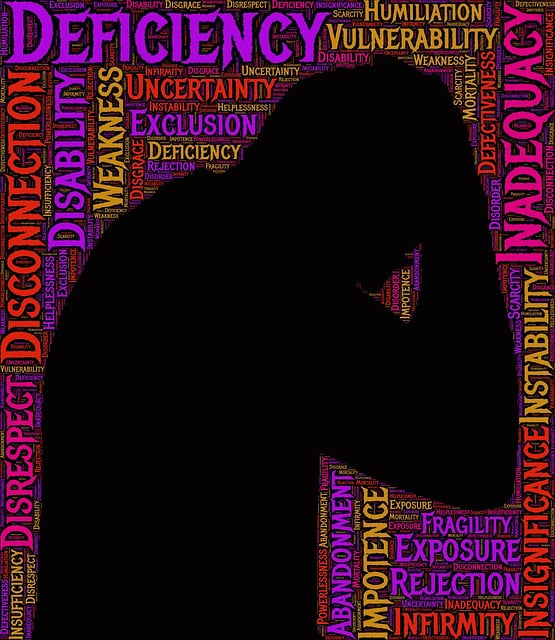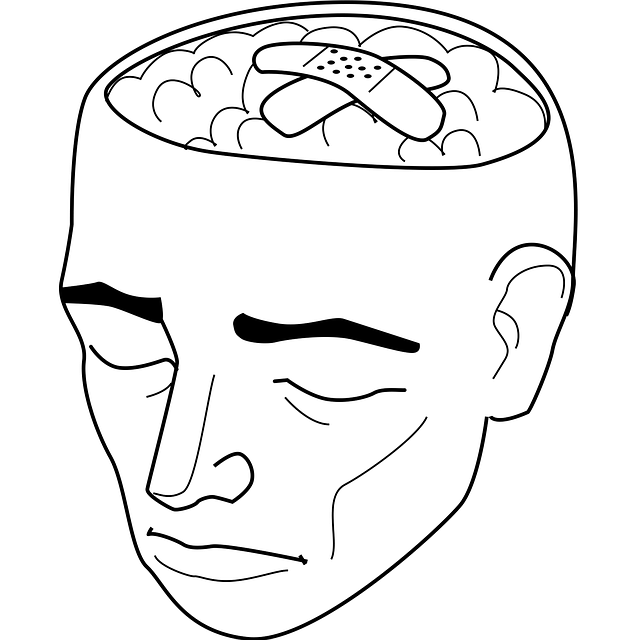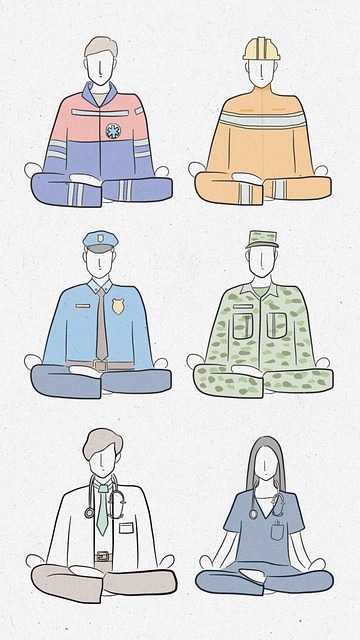Castle Rock Gambling Therapy (CRGT) offers a unique and effective approach to treat gambling addiction using Recovery Focused Motivation (RFM). This holistic therapy combines cognitive behavioral techniques, mindfulness practices, and emotional intelligence training to address the root causes of problem gambling. By focusing on resilience building, CRGT empowers clients to manage impulses, process past experiences, and gain healthier coping mechanisms for long-term sobriety. The program incorporates risk management planning, social skills training, and crisis intervention guidance, making it a comprehensive solution for individuals struggling with gambling addiction and co-occurring mental health issues. Real-life success stories attest to CRGT's effectiveness in fostering personal growth and transforming lives.
“Unraveling the power of resilience is a pivotal step in the journey towards overcoming gambling addiction, and Castle Rock Gambling Therapy (RFM) offers a unique approach. This therapeutic method focuses on building mental fortitude to navigate challenging situations, especially for those grappling with addictive behaviors. Through this article, we explore RFM’s core principles, its role in recovery, and practical strategies for therapists. By understanding how RFM identifies and addresses risky patterns, we can uncover inspiring success stories of individuals who have transformed their lives.”
- Understanding RFM: The Foundation of Castle Rock Gambling Therapy
- The Role of Resilience Building Exercises in Gambling Addiction Recovery
- Identifying and Addressing Risky Behavior Patterns through RFM
- Practical Strategies for Incorporating Resilience Training into Therapy Sessions
- Real-Life Success Stories: How RFM has Transformed Lives
Understanding RFM: The Foundation of Castle Rock Gambling Therapy

Castle Rock Gambling Therapy (CRGT) is a unique approach that focuses on addressing the underlying emotional and psychological factors contributing to problem gambling. RFM, or Recovery Focused Motivation, forms the core principle of CRGT, emphasizing resilience-building exercises tailored to individual needs. This therapy recognizes that gambling addiction is not merely about stopping the behavior but also involves healing the emotional wounds and developing effective coping strategies.
Through a combination of cognitive behavioral techniques and mindfulness practices, CRGT aims to enhance clients’ emotional regulation skills, fostering a sense of control and confidence in managing their impulses. The therapy encourages individuals to explore and process past experiences, traumas, or losses that may have contributed to their gambling addiction. By engaging in these emotional healing processes, clients build resilience, enabling them to navigate challenging situations without resorting to gambling as a coping mechanism.
The Role of Resilience Building Exercises in Gambling Addiction Recovery

For individuals struggling with gambling addiction, Castle Rock Gambling Therapy offers a transformative approach to recovery through specialized resilience-building exercises. These exercises go beyond traditional therapy methods by focusing on empowering individuals to confront and overcome challenging emotions associated with their addiction. By integrating practices such as mindfulness meditation and emotional intelligence training, the therapy helps clients develop coping strategies that strengthen their mental fortitude.
Resilience building is a cornerstone of this therapeutic process, enabling participants to navigate triggers, manage cravings, and maintain sobriety in the long term. The exercises encourage self-awareness, emotional regulation, and healthy stress management—essential tools for those seeking to break free from the cycle of addiction. This holistic approach not only addresses the symptoms but also fosters personal growth, equipping individuals with the mindset and skills needed to thrive in recovery.
Identifying and Addressing Risky Behavior Patterns through RFM

Identifying and addressing risky behavior patterns is a crucial aspect of Castle Rock Gambling Therapy (RFM). This therapeutic approach recognizes that problematic gambling often co-occurs with other mental health issues, requiring a comprehensive strategy to address both. RFM employs sophisticated tools like Risk Management Planning for Mental Health Professionals to assess and mitigate risks specific to each client’s unique challenges. By integrating Social Skills Training and Emotional Healing Processes, RFM empowers individuals to develop healthier coping mechanisms, enhance their decision-making abilities, and build resilience against potentially harmful behaviors.
Through intensive evaluation, RFM identifies red flags that may indicate a tendency towards risky behavior. This includes analyzing patterns of gambling, spending, or other impulsive actions that could lead to negative consequences. Once these patterns are recognized, the therapy team collaborates with clients to create tailored interventions. These might include cognitive-behavioral strategies, mindfulness techniques, and support systems designed to reinforce positive behaviors and promote long-term recovery.
Practical Strategies for Incorporating Resilience Training into Therapy Sessions

Incorporating resilience training into therapy sessions offers a powerful approach to enhancing clients’ coping mechanisms and fostering overall well-being, especially for those engaging in Castle Rock Gambling Therapy. One practical strategy is to begin with psychoeducation, helping individuals understand that resilience is a skill that can be developed. By explaining the concept of resilience building as a journey, therapists can encourage clients to embrace challenges as opportunities for growth. This shift in perspective empowers them to approach difficult situations with a more positive mindset.
Additionally, integrating exercises focused on mood management and self-esteem improvement can significantly contribute to resilience training. For instance, teaching mindfulness techniques allows clients to regulate their emotions during stressful gambling therapy sessions. Encouraging regular practice of these techniques outside the therapy room promotes better mood control and emotional resilience. Similarly, activities aimed at boosting self-esteem, such as positive self-affirmation exercises or goal-setting sessions, empower individuals to develop a sense of competence and self-worth, which are essential pillars of resilience.
Real-Life Success Stories: How RFM has Transformed Lives

In the realm of mental health and personal growth, real-life success stories often serve as powerful testimonials for the effectiveness of various therapeutic approaches. One such approach gaining significant traction is RFM (Resilience, Flexibility, and Mindfulness), a transformative process that has touched countless lives. Many individuals who have undergone Castle Rock Gambling Therapy, incorporating RFM principles, share their journeys of self-discovery and recovery.
These narratives often paint a vivid picture of resilience building through Compassion Cultivation Practices, where participants learn to cultivate empathy and kindness towards themselves and others. Crisis Intervention Guidance plays a pivotal role in these stories, helping individuals navigate challenging situations with newfound flexibility. Stress Management techniques, an integral part of RFM, empower people to cope with life’s pressures, leading to improved overall well-being. Through these exercises, individuals have not only overcome gambling addictions but also developed robust coping mechanisms applicable to various aspects of their lives, leaving a lasting impact and serving as inspiration for those seeking similar transformations.
Castle Rock Gambling Therapy (RFM) offers a comprehensive approach to addressing gambling addiction by building resilience. Through understanding individual risk factors, identifying behavior patterns, and incorporating tailored exercises, RFM empowers individuals to navigate challenging situations with increased coping mechanisms. The practical strategies outlined in this article demonstrate the effectiveness of integrating resilience training into therapy, leading to lasting transformation. Real-life success stories highlight the impact of RFM, showcasing its ability to equip folks with the tools needed to thrive beyond recovery.













